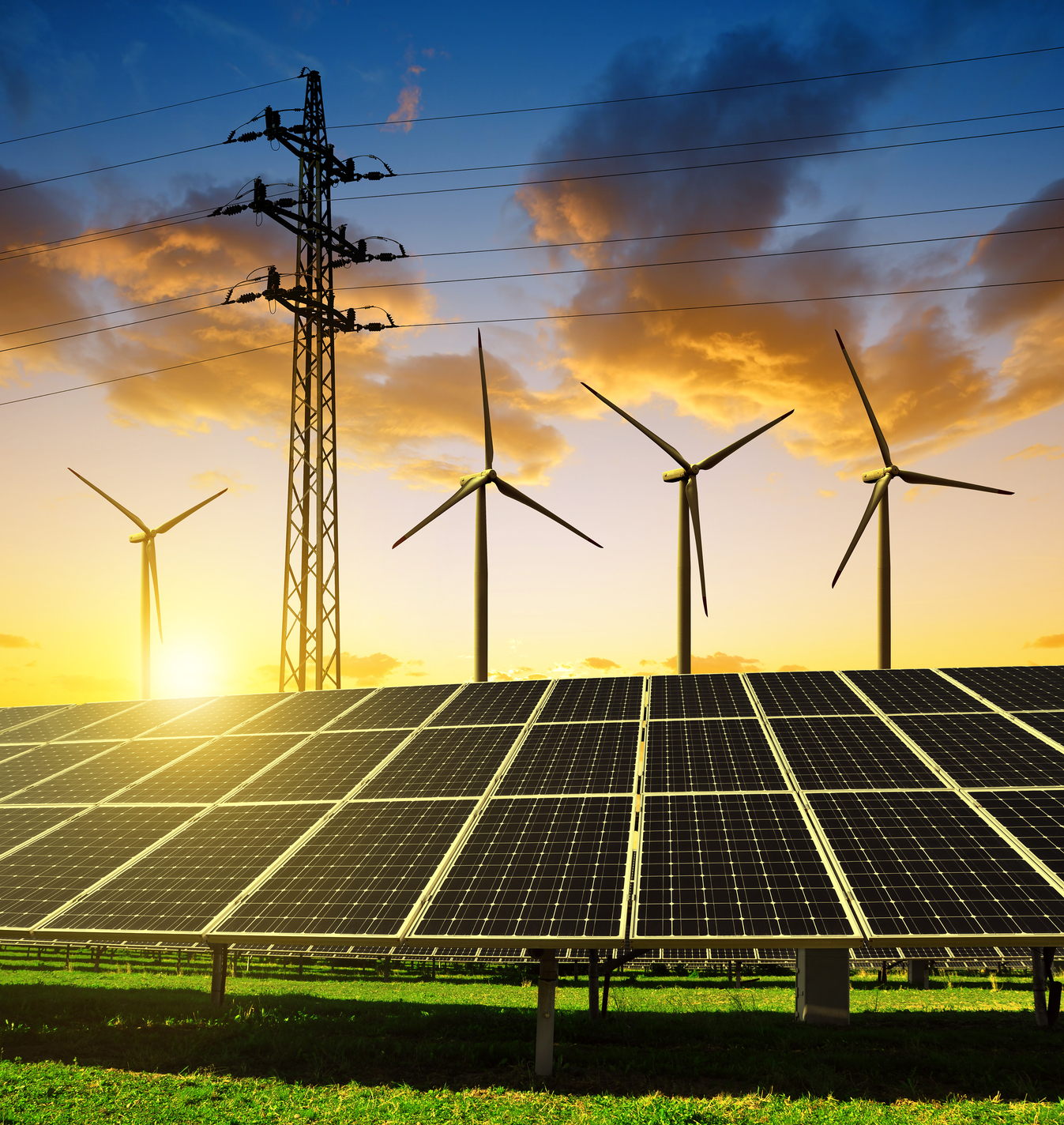Tackling the climate crisis leads to improved public and personal health, new jobs, and a more inclusive and equitable society.
Everyone sees it, feels it, and knows it—the climate crisis is happening right now—to us and to the people and places we care about. It is no hoax.
Americans who think climate change is happening outnumber those who think it is not—70 versus 13 percent. Roughly the same number of Americans also believe it is not too late to do something. Globally, these numbers are higher. A tremendous amount of creativity and resources went into making that realization happen, including Climate Matters, which simplified the connection between weather and climate change.
Americans who think climate change is happening outnumber those who think it is not—70 versus 13 percent.
Now, the debate is about ambition—in terms of speed, scale, and the set of solutions needed to reduce greenhouse emissions and adapt to threats already underway.
The world’s warming has already surpassed one degree Celsius, and staying true to the Paris Agreement is becoming more challenging by the day. Each disaster—like Hurricane Helene and Hurricane Milton—is a grim reminder that the time for aggressive climate action was yesterday.
Regarding scale, we recognize that producing more clean energy—while a necessary and already doable solution—is not the only change societies will wrestle with to ensure a healthy planet for future generations. Addressing water use, protecting biodiversity, and limiting plastic pollution, among other critical issues, are all intertwined with climate change. It is one planet, after all.
Addressing water use, protecting biodiversity, and limiting plastic pollution, among other critical issues, are all intertwined with climate change.
However, the most crucial aspect of ambition is who decides on the solution set. Many of MacArthur’s grantee partners convincingly tell how tackling the climate crisis head-on means improving public and personal health, creating new jobs and economic development, and creating a more inclusive and equitable society.
- In our hometown, the Chicago Environmental Justice Network and its partners are making the case for a new way to assess community health when considering development. Globally, Health Care Without Harm is bringing doctors and nurses front and center to share about improved health outcomes when pollution is managed.
- The Climate Jobs National Resource Center puts workers at the forefront of what a cleaner future holds for job growth, and the Conservative Energy Network advocates for energy independence and economic development.
- The Climate and Clean Energy Equity Fund, The Hive Fund for Climate and Gender Justice, and the Just Transition Fund all argue that a genuinely sustainable future would bring the benefits of clean energy to the many communities across this country that have been sacrificed to power our economy to date.
To be clear, these partners are not just providing alternative storylines; they are helping to make real change happen and remind us that the future is ours to shape and not just accept.
Speaking confidently about the possible good outcomes of addressing the climate crisis does not mean the situation is abated. A decade ago, outright denial was the position held by opponents of climate action. Today, the public and policymakers alike must guard against resignation. Resignation admits that climate change is happening but that it is manageable (at least for some). It is disconnecting the alarm rather than putting out the fire. Resignation is the opposite of ambition.
There is no hiding that progress on greenhouse gas emissions reductions is haphazard, and the planet will likely continue to warm. While the earth is getting hotter, champions for climate solutions are just warming up.





